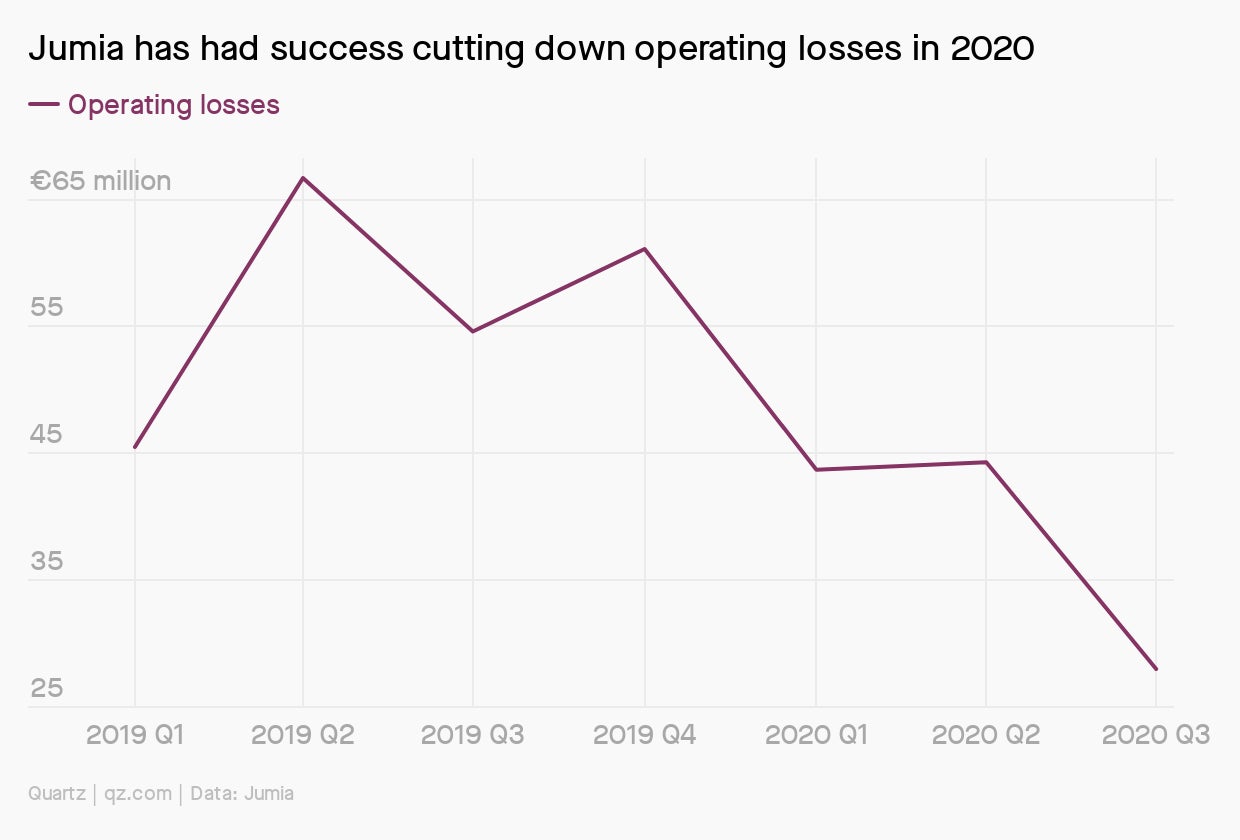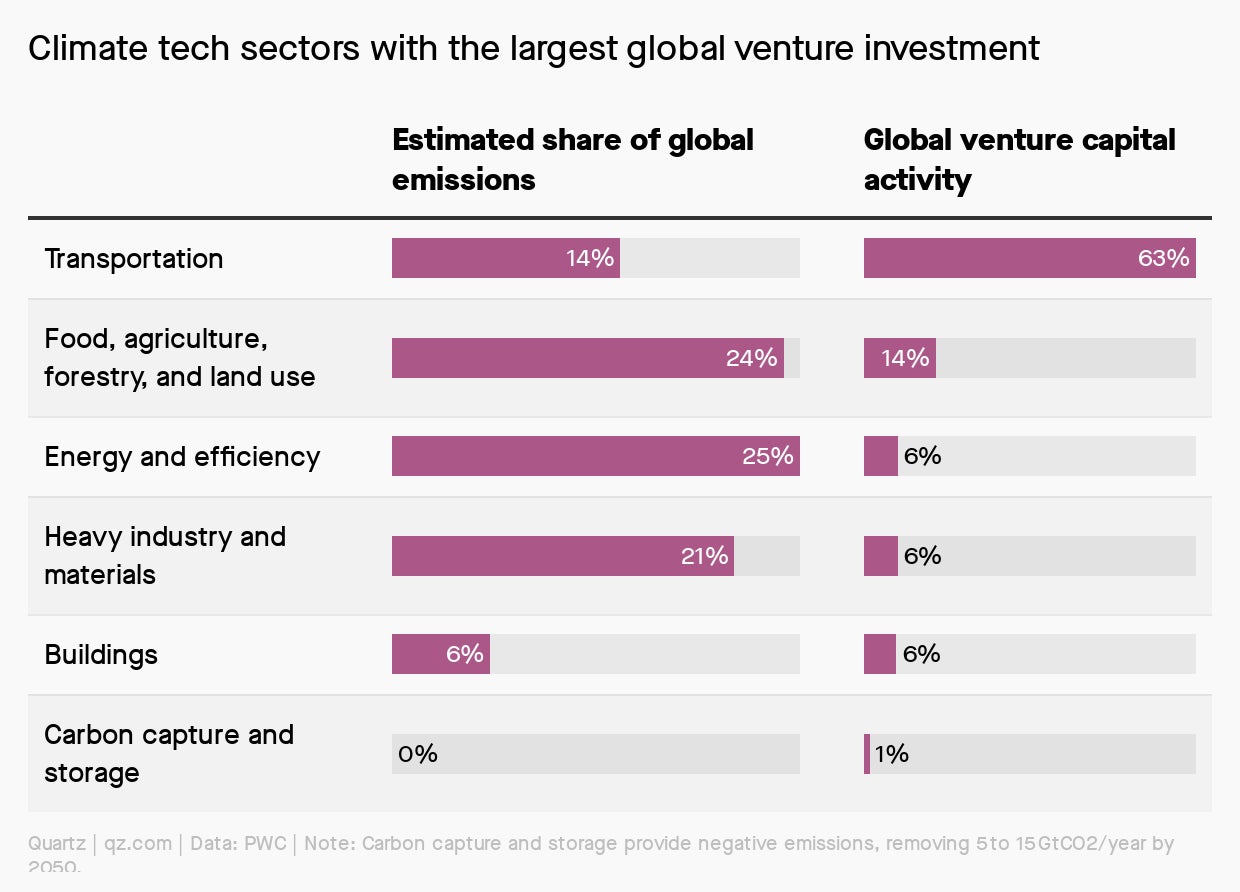Africa’s vaccine hurdles, Nigeria’s free trade conundrum, Jerry Rawlings’ legacy, climate tech
Hi, Quartz Africa readers!

Hi, Quartz Africa readers!
Developing developers
Africa is on course to add $180 billion or 5.2% of aggregate GDP by 2025 thanks to the rapid growth of its internet economy, according to a widely shared report this week from the World Bank’s IFC and Google. Back in 2012, the continent’s internet economy (iGDP) was estimated at just $30 billion, or 1.1% of its GDP.
This year iGDP will contribute $115 billion, or 4.5% of a $2.554 trillion GDP, says Accenture. In the US the internet economy contributed around 9% of GDP in 2018.
Key to growing an internet economy—which includes everything from banks and fintechs to agritech, e-health, and venture capital—will be the talent that builds the products and engines on which it runs: developers.
The IFC/Google report says there are nearly 700,000 professional developers across Africa with more than than half in five African markets: Egypt, Kenya, Morocco, Nigeria, and South Africa. That number is still relatively small against Africa’s 1.3 billion people—the US state of California alone has 630,000 developers while Latin America has 2.2 million.
But Africa’s developer talent is younger than those in more advanced economies and the overall numbers on the continent are growing faster. One impressive point is that just around a third receive their training through universities, instead more than half are either self-taught or pay for online school programs, speaking to the desire and broad ambition to acquire skills for future employment and entrepreneurship.
It’s easy to see why young African undergraduates or recent graduates might choose to be self-taught or pay out of pocket for additional skills. The report notes, for example, computer science courses in Kenyan universities still predominately teach C++, “even though Java and Scala are the programming languages in the greatest demand in the marketplace.”
To date much of the developer talent falls into the “junior developer” category which presents its own challenges as Lagos-based Andela found when it had to recruit more experienced talent to supply clients in the US and other markets. In African countries with smaller and more nascent developer populations, 43% of developers have only one to three years of experience, compared with 22% in the US.”
As well as the fast-growing talent pool one other notable positive is that there has been what the report describes as “real traction” with growing the numbers of female developers in African markets, led by Egypt, Morocco, and South Africa. Women currently make up 21% of developers in African countries, compared with just 15% of junior developers in the US.
— Yinka Adegoke, Quartz Africa editor
Celebrate Quartz Members Week with us. Quartz membership launched two years ago and we want you to join in on the party! For this week only, become a member for 50% off your first year with code MEMBERSWEEK.

Stories this week
Ethiopia’s conflict escalates. Ethiopia is locked in a conflict that could yet result in all-out civil war given the nation’s troubled history. Samuel Getachew in Addis Ababa notes it will likely decimate Ethiopia’s economic progress.
Africa’s Covid-19 vaccine race. The prospect of an effective vaccine for coronavirus is stirring global hope but, as Uwagbale Edward-Ekpu explains, key challenges mean access to these vaccines won’t be easy for African countries.
The Nigerian free trade paradox. Nigeria has finally ratified the historic African Continental Free Trade Area agreement to boost intra-African trade. But from Lagos, Yomi Kazeem notes the country’s land borders remain closed as they have been for over year.
Rawlings’ polarizing legacy. In the wake of the passing of former president Jerry Rawlings, his controversial legacy as a pivotal figure in Ghana’s political history has inevitably come under focus. In Accra, Stacey Knott spoke to people about why he’s still so divisive.
Trump’s African deportations accelerate. African asylum seekers in the US face rising uncertainty as authorities seem keen to ramp up ejections despite a change in national leadership, reports Amindeh Blaise Atabong.
Chart of the Week
Jumia is trimming losses. The pandemic forced Jumia to change its mix of top-selling products and to become more of an enabler of e-commerce. It helped the pan-African player narrow operating losses by nearly 50% in the third quarter.

Dealmaker
•Kuda, a Nigerian digital bank raised $10 million in a seed round led by Target Global as well as participation from Entrée Capital and SBI Investment.
•ATLAN Space, a Moroccan artificial intelligence startup, raised $1.1 million in a Series A funding round from Maroc Numeric Fund.
•Turaco, a Kenya-based insurance-focused startup, raised $2 million from Novastar Ventures, Mercy Corps Ventures, Musha Ventures, GAN Ventures, and Zephyr Acron, as well as several angel investors.
•Kasha, a female-focused East African e-commerce startup, has raised $1 million in investment from Swedfund, a Swedish Development Finance institution. The US DFC invested $1 million in Kasha in September.
Quartz gems: Climate tech
Startups are writing “climate tech” into their description as catnip for inventors interested in the space, just like bitcoin or AI a few years ago. Opportunists eager to make a quick dollar will follow as the money and attention grows, but success won’t come easy.

Read a breakdown of the sectors above and 87 startups to watch in our guide to climate tech’s second shot.
Other things we liked
The corporatization of food. The problem of hunger in South Africa is the structure of production itself, explains Tshiamo Malatji for Africa is a Country. “Ultimately, if we cede control of food production to corporations, they will make decisions to maximize profit over decisions to address hunger.”
White-washing a dictator. Cameroon’s president Paul Biya has some unsavory human rights issues on his plate at home. In MO/Zam magazine, Arne Gillis looks into the millions of dollars Cameroon spends on hiring US PR groups and DC lobbyists to clean up his image.
Nigeria’s tech future is in India. For Project Syndicate, Elo Umeh looks at the key policy decisions India has made to help it become a global tech leader and argues Nigeria can capitalize on its tech boom with a similar approach.
ICYMI
Adobe Research Fellowship. The fellowship program is aimed at outstanding graduate students carrying out exceptional research in areas of computer science. (Dec. 4)
African Biomedical Engineering Mobility Scholarship. Applications are now open for ABEM scholarships for Masters or doctorate seeking mobility-focused scholars. (Jan. 13)
*This brief was produced while listening to Gbeti Madjro by Orchestre Poly-Rythmo de Cotonou (Benin)
Our best wishes for a productive and ideas-filled week ahead. Please send any news, comments, suggestions, ideas, imported rice get through Nigeria’s closed borders and an affordable Covid vaccine for Africans to [email protected]. You can follow us on Twitter at @qzafrica for updates throughout the day.
If you received this email from a friend or colleague, you can sign up here to receive the Quartz Africa Weekly Brief in your inbox every week. You can also follow Quartz Africa on Facebook.